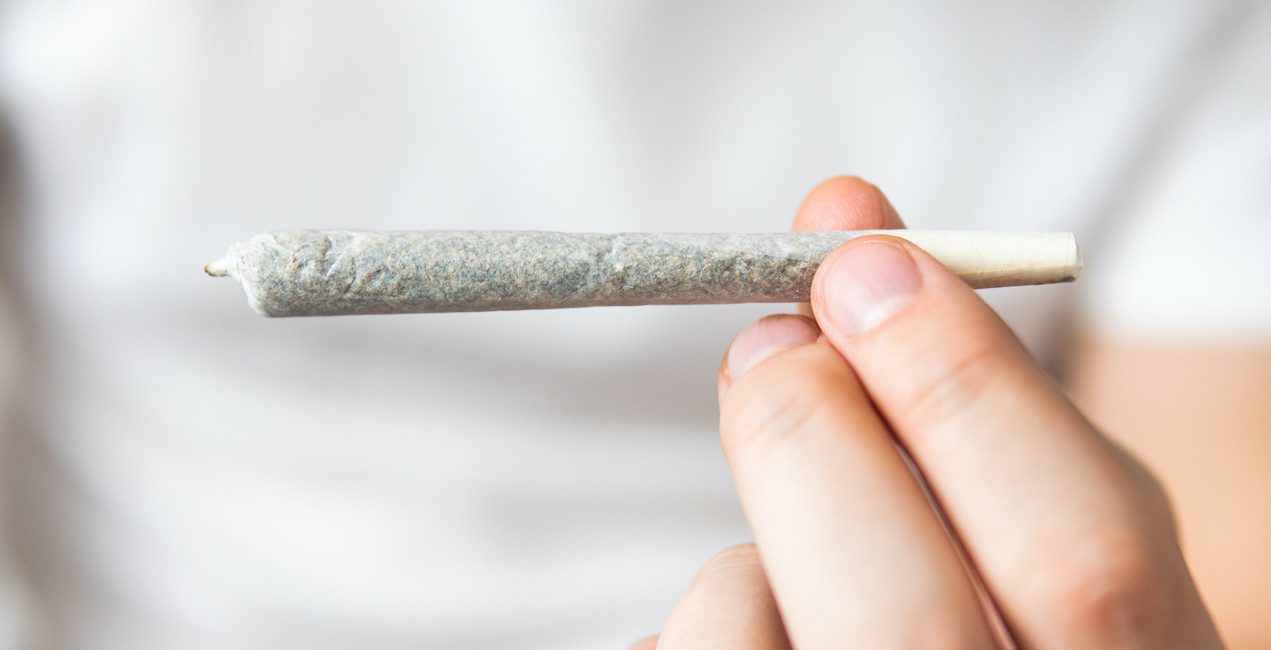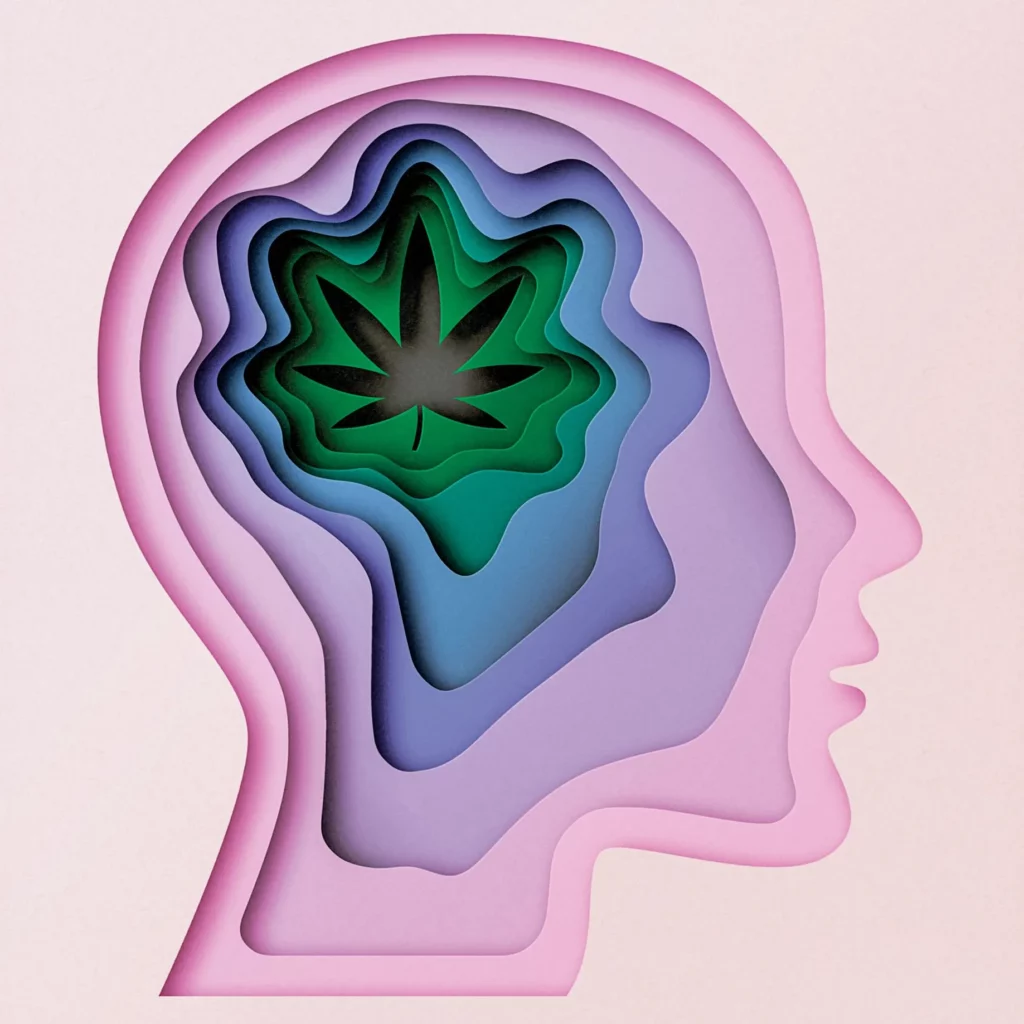Culture
Recreational Marijuana and Mental Health Treatment
The Therapeutic Potential of Recreational Marijuana for Mental Health Treatment
Recreational marijuana has gained significant popularity in recent years, with more and more states legalizing its use for both medicinal and recreational purposes. As the number of marijuana users continues to rise, researchers are increasingly interested in exploring the therapeutic properties of cannabis, particularly in the realm of mental health. While research in this area is still limited, early studies have shown promising results in the use of recreational marijuana for treating various mental health conditions.
The Current Landscape of Marijuana Use
According to the Marijuana Policy Project, over 2.8 million people in the United States are using marijuana as medicine. However, more than 22.2 million individuals engage in recreational use. The increasing acceptance and availability of marijuana have prompted researchers to investigate its potential therapeutic effects, despite the legal challenges associated with its use.
A comprehensive review conducted by the National Academies of Sciences, Engineering, and Medicine highlighted the limited knowledge surrounding the therapeutic effects of cannabis on the human population. Out of the numerous studies analyzed, only three therapeutic uses were supported by substantial evidence – treating chronic pain. Thus, reducing nausea induced by chemotherapy, and alleviating spasticity associated with multiple sclerosis.

The Potential of Recreational Marijuana for Pain Relief
Chronic pain is one of the most common reasons individuals seek medical marijuana. Studies have shown that cannabis and cannabinoids can provide significant pain relief, particularly in cases of neuropathic pain. Animal studies have also suggested that cannabinoids can reduce the dosage of opioids required for pain management.
To further investigate the potential of recreational marijuana for pain relief, researchers have conducted double-blind, placebo-controlled studies. One such study, led by behavioral pharmacologist Ziva Cooper, explored the efficacy of combining cannabis with a small dose of opioids. The results demonstrated robust pain relief, indicating that cannabinoids might serve as an adjunct to opioids for pain management, potentially reducing the adverse effects associated with opioid use.
Cannabinoids and Post-Traumatic Stress Disorder (PTSD)
Post-traumatic stress disorder (PTSD) is a debilitating condition that affects many individuals, particularly veterans. While behavioral therapies are commonly used to treat PTSD, not all patients respond positively to these treatments. As a result, researchers have turned their attention to the potential benefits of cannabinoids in managing PTSD symptoms.
Marcel Bonn-Miller, a psychology researcher, discovered a significant research gap in the study of cannabis and PTSD. In response, he initiated two large-scale studies to investigate the effects of cannabinoids on PTSD. The first study, a double-blind controlled trial, examines the impact of different cannabinoids on PTSD symptoms. The second study, an observational study, analyzes the relationship between cannabis use and PTSD symptoms over time.
To further explore the potential benefits of cannabinoids in conjunction with existing PTSD treatments, Mallory Loflin, a research scientist, is launching a double-blind placebo-controlled study. This study aims to determine whether CBD can enhance the efficiency and efficacy of prolonged exposure therapy, a commonly used treatment for PTSD.
The Cognitive Effects of Recreational Marijuana
While much research has focused on the physical and psychological effects of recreational marijuana. Thus, there is a growing interest in understanding its impact on cognitive performance. The Marijuana Investigations for Neuroscientific Discovery (MIND) program, led by Staci Gruber. This aims to study the effects of cannabis and cannabinoids on various cognitive functions and mental health variables.
Gruber’s studies have mainly focused on medical marijuana users, who seek relief from a wide range of medical conditions, including anxiety. The studies conducted by the MIND program have shown that medical marijuana use can lead to improved cognitive performance, reduced clinical symptoms, and a decreased use of conventional medications, including opioids and mood stabilizers.
Inspired by these findings, Gruber is conducting an open-label to double-blind clinical trial to investigate the impact of a high-CBD tincture on anxiety. This trial aims to provide valuable information on the use of CBD for anxiety. As previous studies have primarily focused on the negative effects of smoked whole-plant marijuana on social anxiety.
The Challenges and Future of Research on Recreational Marijuana
Despite the growing interest in studying recreational marijuana’s therapeutic potential, researchers face numerous challenges. The legal status of marijuana poses significant obstacles, as it restricts access to research-grade cannabis. Additionally, the limited number of studies and the need for empirically sound data make it challenging to draw definitive conclusions about the therapeutic effects of recreational marijuana.
However, researchers remain optimistic about the future of research in this field. As more states continue to legalize marijuana, access to research-grade cannabis may improve, allowing for more comprehensive studies. By addressing the gaps in knowledge and conducting rigorous clinical trials. Researchers hope to uncover the full potential of recreational marijuana for mental health treatment.
Conclusion
While research on the therapeutic effects of recreational marijuana for mental health treatment is still in its infancy. However, early studies have shown promising results. From its potential for pain relief to its impact on PTSD symptoms and cognitive function. Recreational marijuana holds promise as an alternative treatment option. However, further research is needed to fully understand its effectiveness, dosing, and potential risks. As the landscape surrounding marijuana continues to evolve. Researchers and healthcare professionals must navigate the challenges to provide evidence-based recommendations for patients seeking alternative treatment options.


